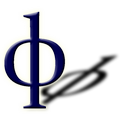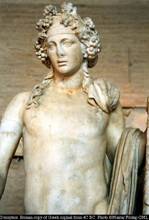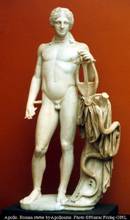Soc
 41: Myth and Mythology
41: Myth and Mythology
The aim is to point out to students what is myth, its origin, development and relation to philosophy. When did myths appear and what did cause them? Is it obligatory for myths to be followed by religious rituals? Definition of myth in the work of Mircea Eliade. Myth destroys profane time and tends to rule over eternity. Explain the relation between myth and fairy tale, myth and poetry? What are the most frequent contents of mythical stories? What are mythical stories based on? Make difference between mythical and critical and rational thinking. Explain the relation between soul-body, male-female in mythology. How do myths explain death (myth about Adam and Eve). How did the Greek myths occur: the cult of Apollonius, Dyonisius and the Orphical cult.
 Literature:
Literature:
- Mircea Eliade “Myth and Reality”;
- Emil Durkheim “The Elementary Forms of the Religious Life”;
- M. Mitrovic, S. Petrovic “Sociology”, Sociology textbook for the 3rd grade of vocational schools and the 4th grade of grammar school.





























